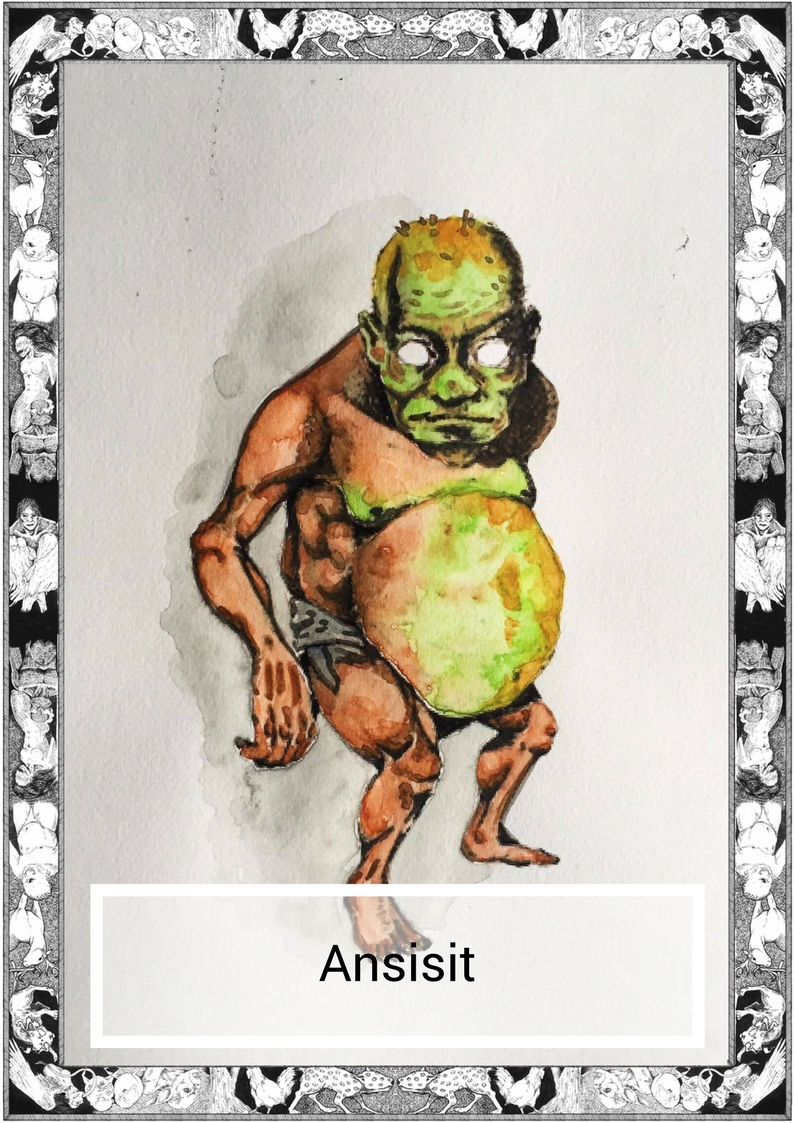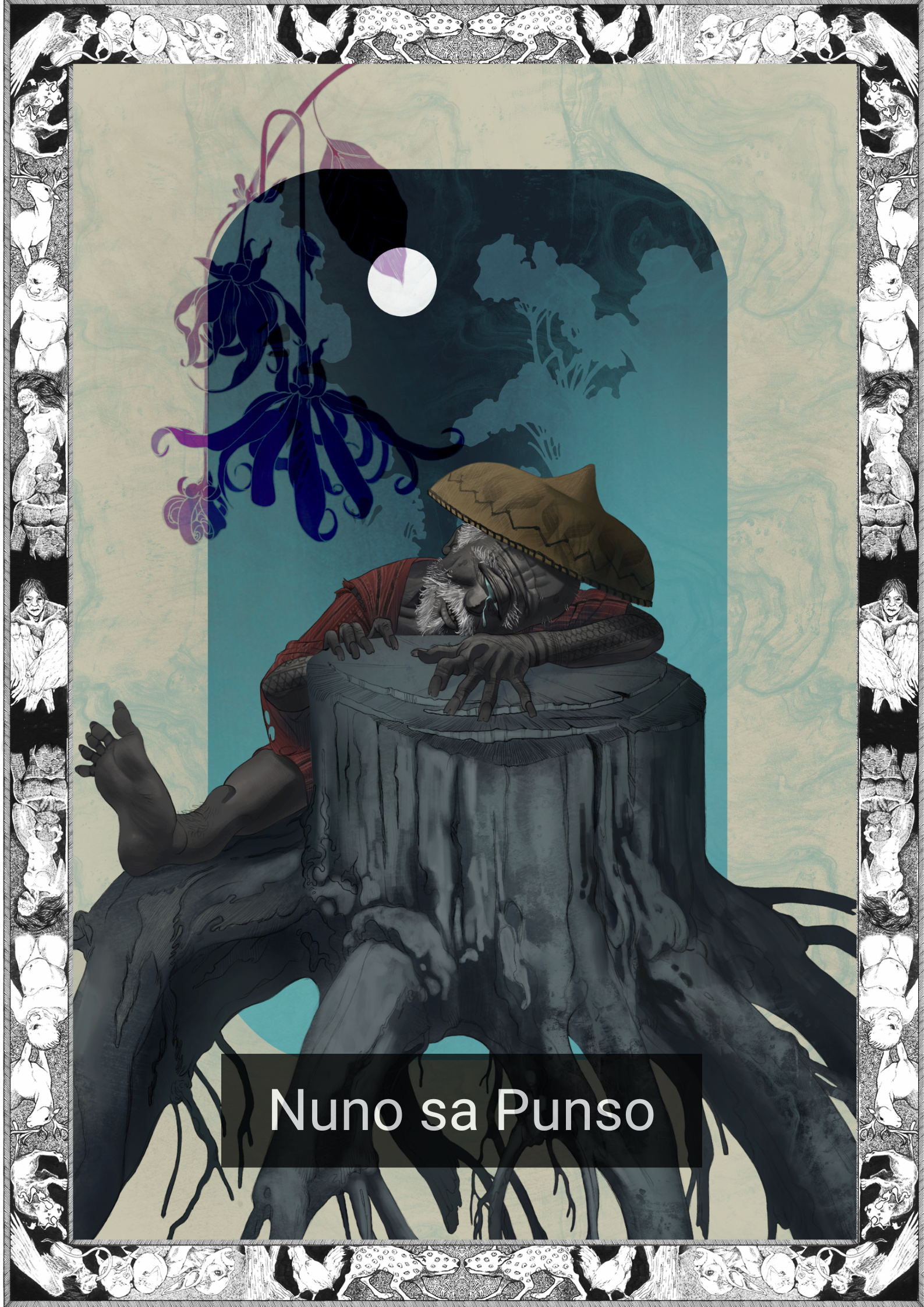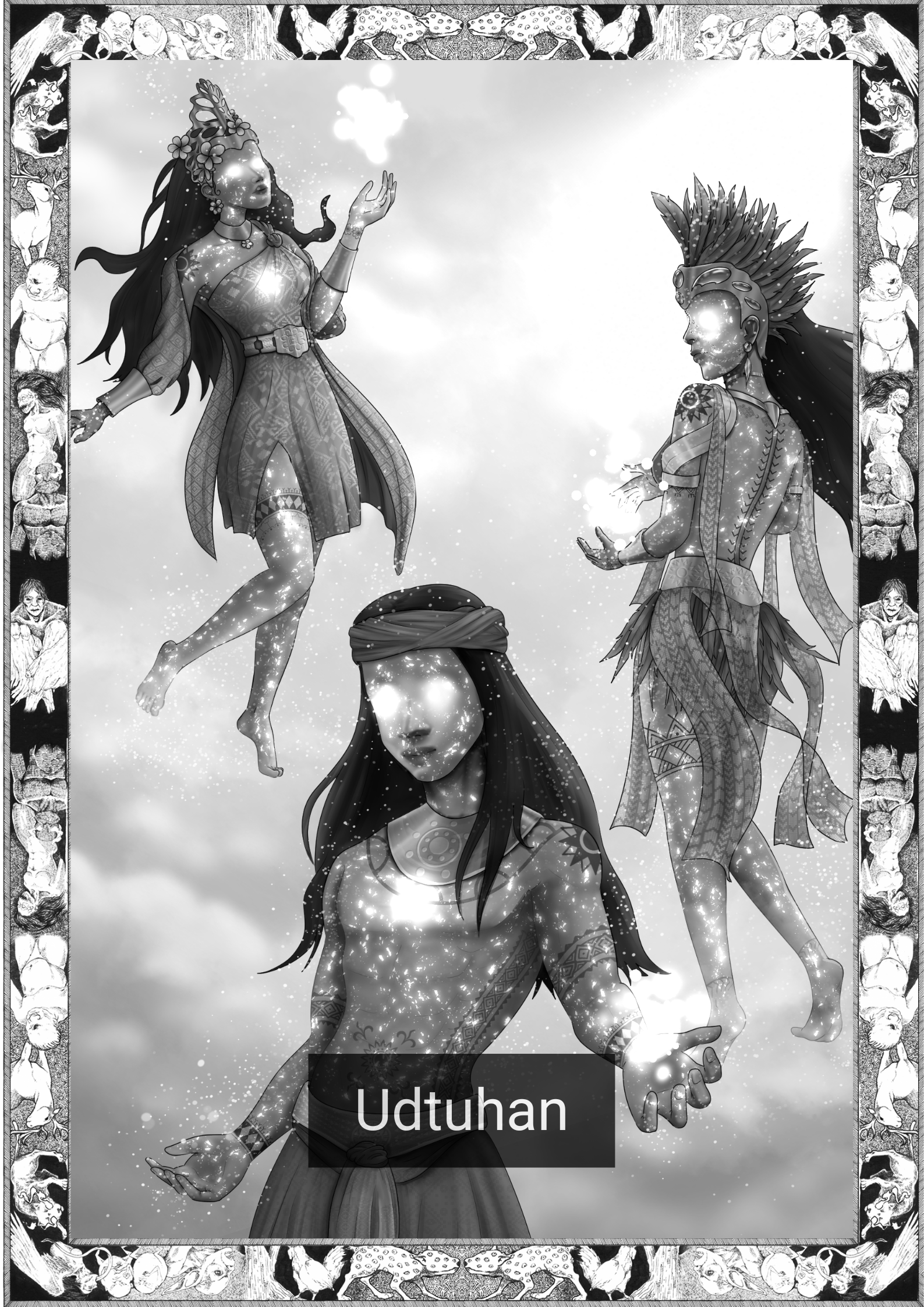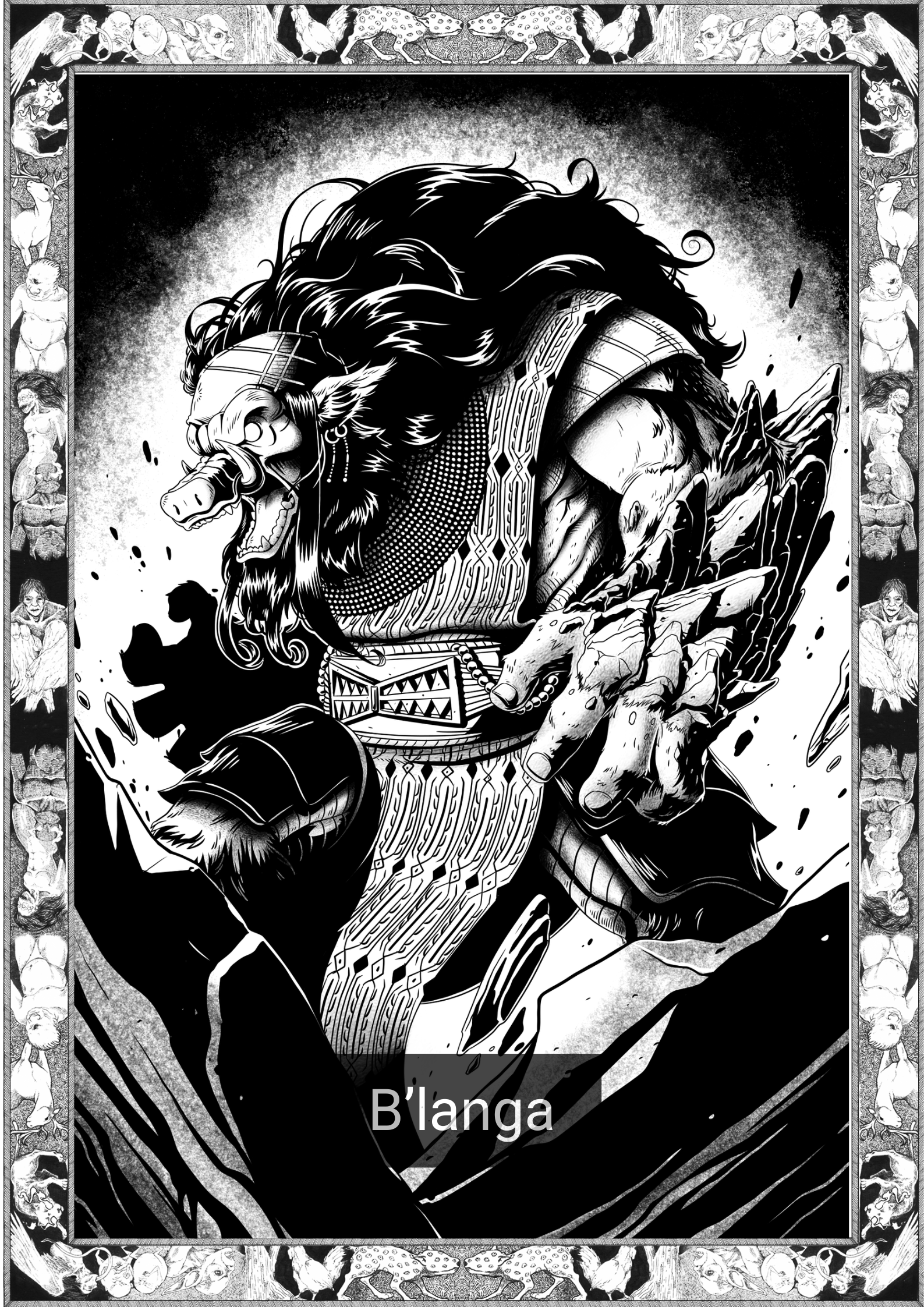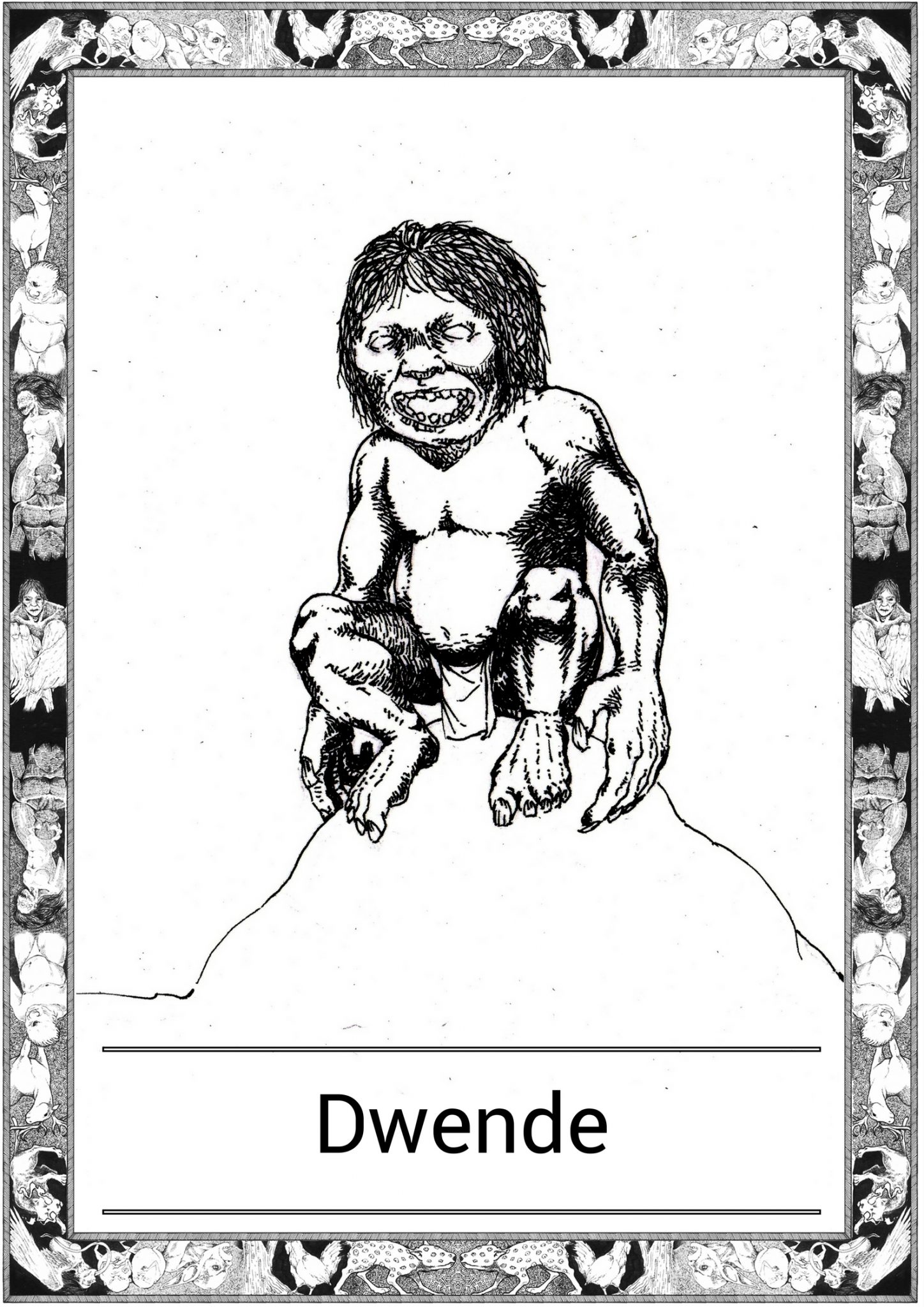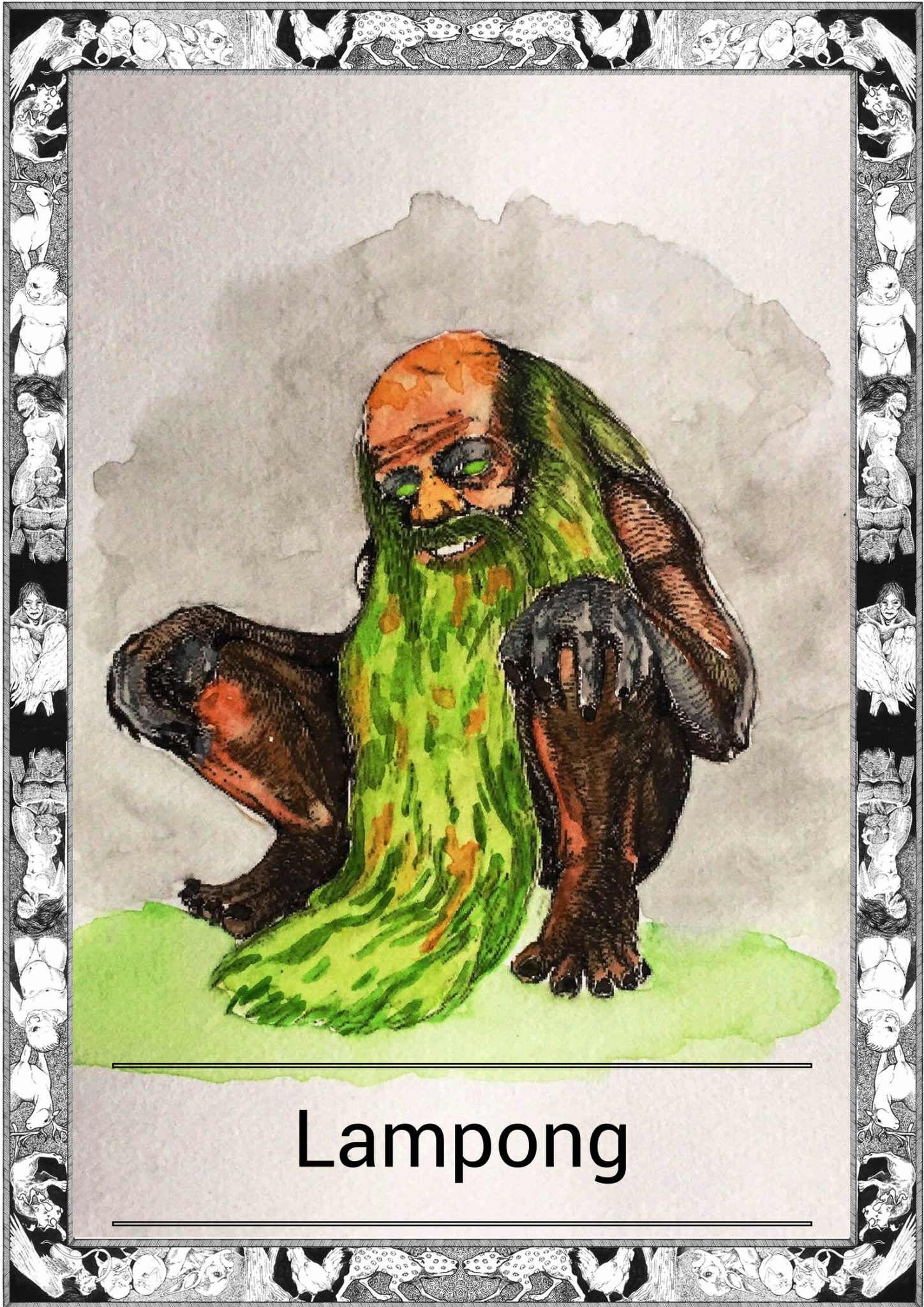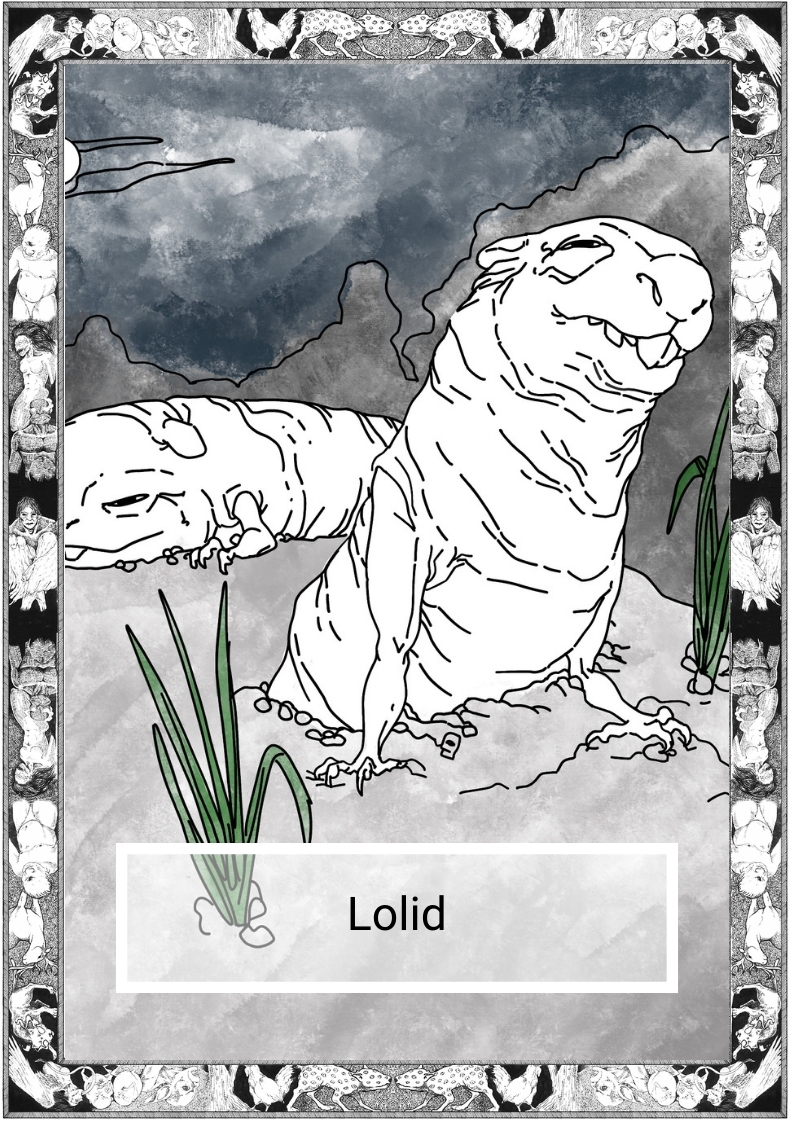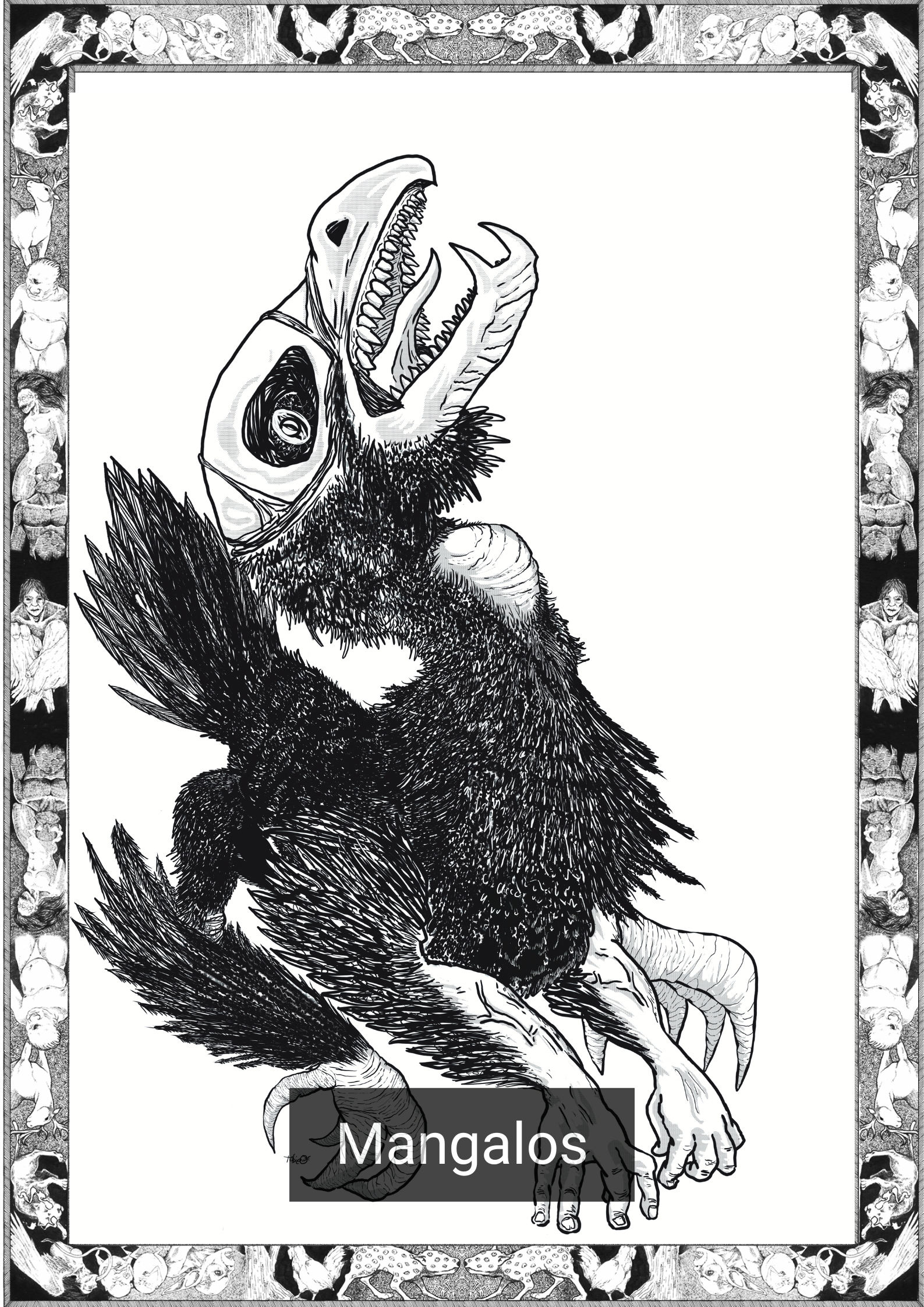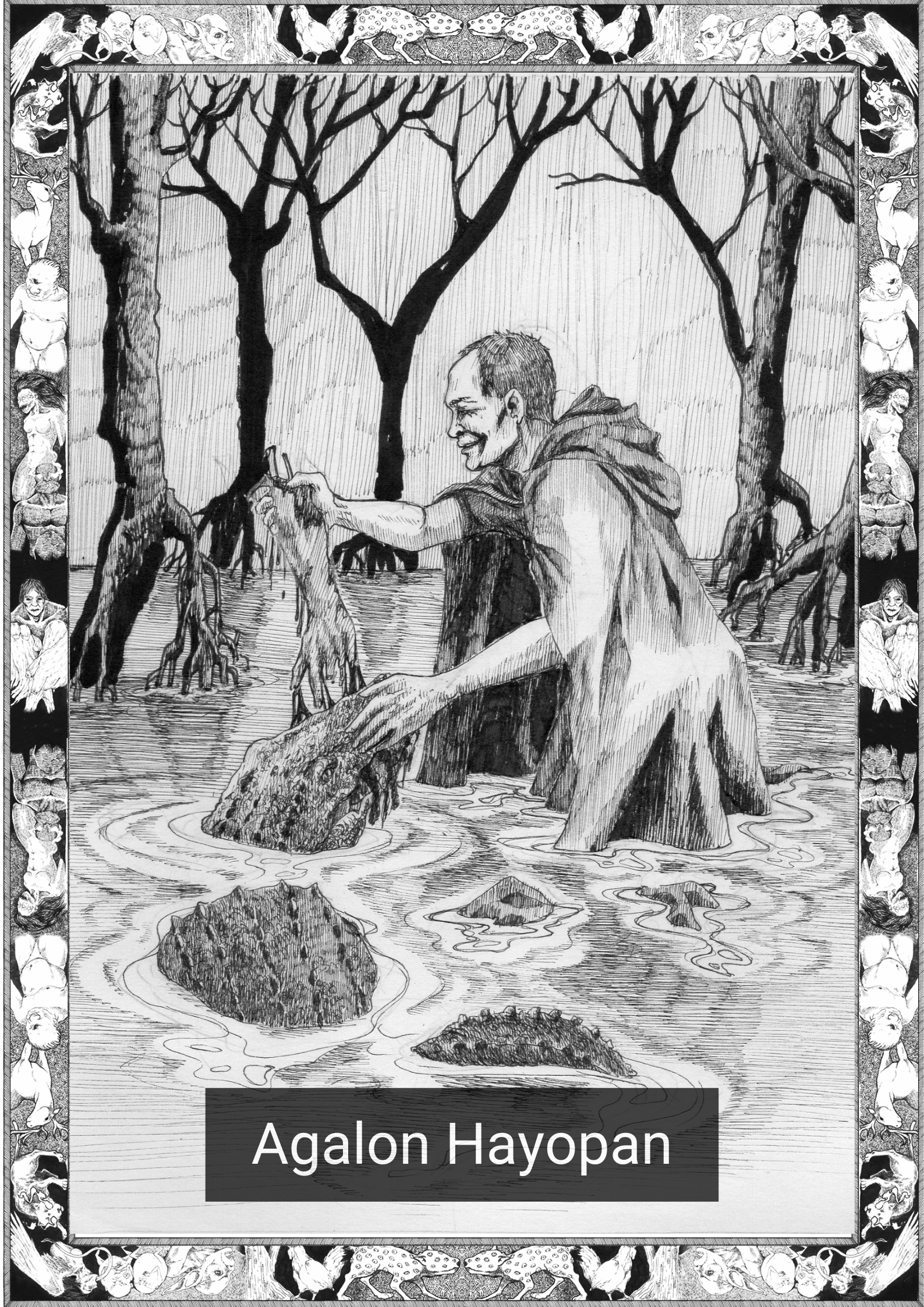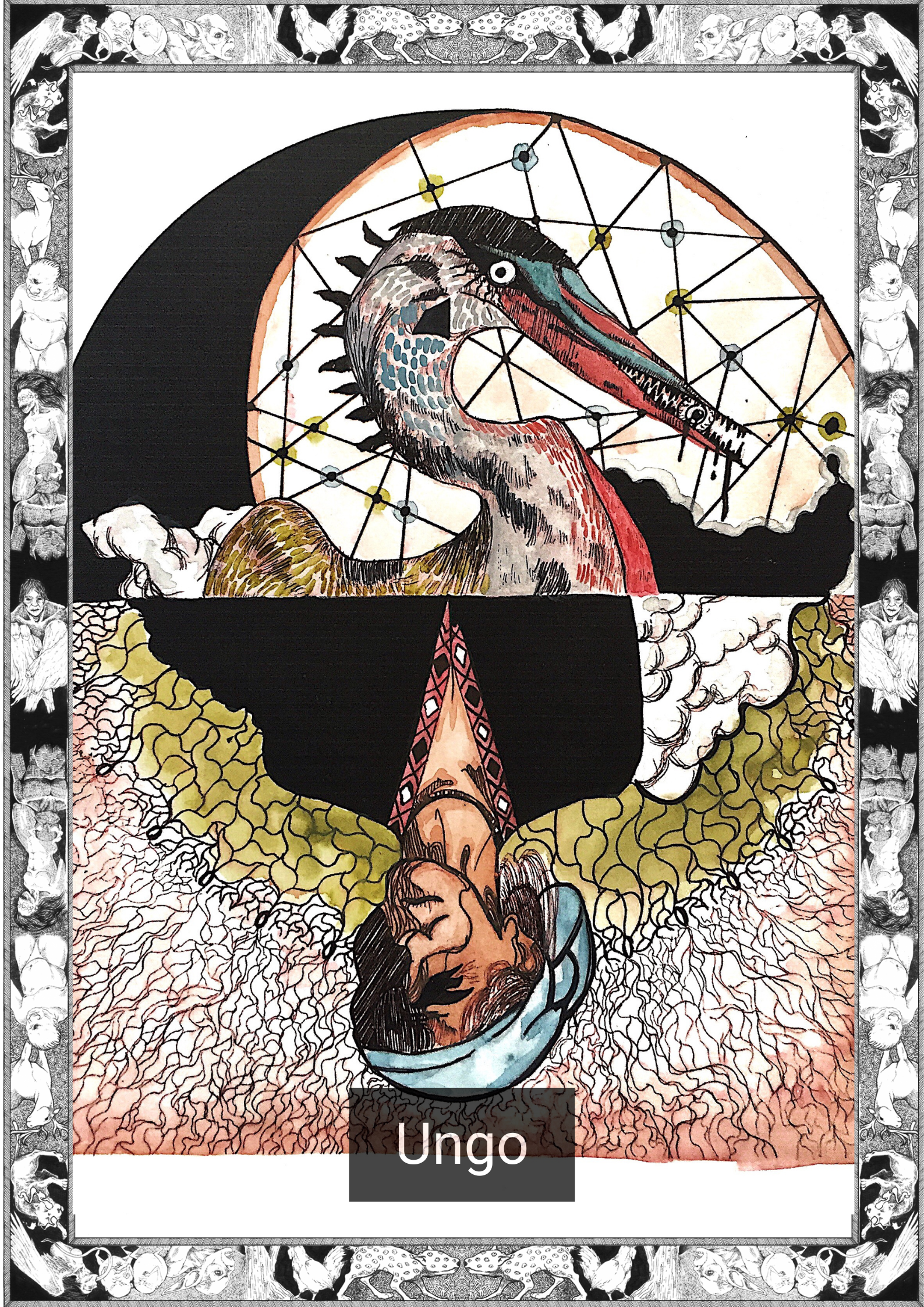
*Note this story is in Isneg
“Ikayu- ikayu, umadayu kayu.”
“Kidi ngin, ibaga tan.”
“Ikayu- ikayu, umadayu kayu.”
“Napya. Kidi ngin, peyyeng ta damdaman nu manalan ta kidi.”
“Kawas pe nu magkaged ta kidi uy ina?”
“Bo, napya ta nadamdam mu. Nanot ya ana ku a!”
“Ngem antam kad ta unuden ta pakam ya kagkagyen da ina?
Kagyo man nu baley tada di?”
“Ibo, uwa tada amin di, amin nga kokowa ngem gan gapu simikadan ya baley tada?”
“….ginat?”
“Kuhug! Ta ya ginat, ammin nga awad ki lubung, di tida uwa.”
“Kagyo man nu dab-bun tida di? Di kad nga payew tida di?Di kad nga idi tu pag-bangbanga-a?”
“Ibo, bo, uwa tida di, awad ya mepasingen ti da nga papel na gem singawan ya maki-uwa kidi kitun. Awan tida pakam, awn kam daya toley nga ngpasikad ki babaley da kidi.”
“Antam di tida ba nga mabalin su’tan kagida?”
“Awad daya di magatang piha. Dab-bun da di panda nu awan tidan. Kasapulan ta nga amu nga makikabulun agida.”
“E nu madi? Kawas da pahnang. Nu di tida nga ibaga yan, nu mgpakapya tida ki baley, magsakit tida, kasanu nga ustu la tuni?”
“Kasanu nga ustu la nga nebingey da ya baley da kitada?”
“Kawas kuhug kitada amin di ngem kasapulan nga napya ka ki daduma. Nu napya ka kagida, napya da pe kitada.”
“Kidingin, gan manin tu ibaga ta?”
“Ikayu-ikayu, umadayu kayu.”
“Mayat, nangkiyan ana ku.”
————————–
English Version
“Kayu-kayu, madayu kayu.”
“Now say it with me.”
“Kayu-kayu, madayu kayu.”
“Good. Now remember, we always have to say that whenever we pass this place.”
“We also can’t sweep here right mama?”
“Yes, it’s good you remembered. I have such a smart boy!”
“But why do we have to follow these rules mama? I thought this was our house?”
“It is, it’s our place with all our things, but what is the house on?”
“….the ground?”
“Good job! Now the ground and all the earth, doesn’t belong to us.”
“But I thought this was our land? Isn’t this our farm? And isn’t this where I play?”
“Yes, yes, we bought this land, and we have all the papers to prove it, but then it gets complicated. See the land belonged to some other… people, long before we came here, before any humans started a town in this area.”
“But can’t we just buy it from those people?”
“There are just some things you can’t buy with money. This place is their home and always will be, long after you and I are gone. We have to learn to live with them.”
“What if I don’t want to? They seem mean. If we don’t say these things and if we just clean around our house we get sick. How is that fair?”
“How is it fair that they have to share their home with us?”
“…”
“It isn’t an ideal situation for either of us, but we have to learn to be kind to one another. If we are kind to them, they will be kind to us. Now what do we say?”
“Kayu-kayu, madayu kayu.”
“Good boy.”
————————–
*Kayu-kayu, madayu kayu is Ilokano for “You there please go away.” (Kayo-kayo, malayo kayo)
*Isnag (also called Isneg) is a language spoken by around 40,000 Isnag people of Apayao Province in the Cordillera Administrative Region in the northern Philippines. Around 85% of Isnag are capable of reading the Isnag language. Many Isnag speakers also speak Ilocano.
Written by Karl Gaverza
Isneg Translation by Kristine Joy Rillera
Copyright © Karl Gaverza
Translation Copyright © Kristine Joy Rillera
Ansisit Illustration by Leandro Geniston from Aklat ng mga Anito
FB: That Guy With A Pen
Watercolor by Nicole Chiu
FB: Wildling Child
IG: https://www.instagram.com/
